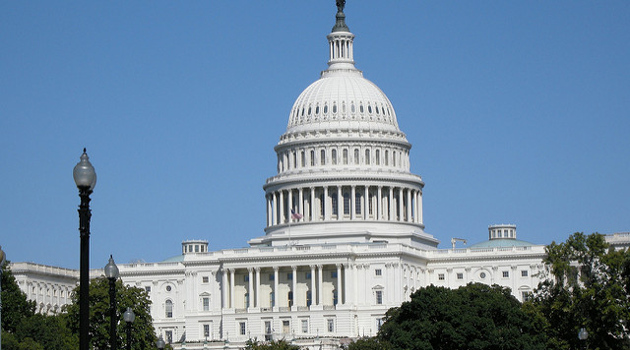Earlier this month, I wrote separate columns about the spending cap in Switzerland (the “debt brake“) and the spending cap in Colorado (“TABOR“).
In this clip from my appearance on Let People Prosper, I explain those spending caps are the gold standard for fiscal rules.
It should go without saying that spending caps are good only if they actually constrain the size of government, just as speed limits in school zones are good only if they protect children from reckless drivers.
Which is why I favor spending caps that comply with my Golden Rule.
As you might suspect, politicians generally don’t want any constraint their ability to spend money (and buy votes).
But sometimes they do the right thing. Or at least propose the right thing.
In an article for the Hill, Aris Folley and Mychael Schnell explain that Republicans are offering to give Biden more borrowing authority if Biden agrees to spending caps for the “discretionary” part of the budget.
Here are the relevant excerpts.
House Republicans on Wednesday passed a bill to raise the borrowing limit and implement sweeping spending cuts… The bill would raise the debt ceiling by $1.5 trillion or through the end of next March, whichever happens first, in exchange for a wide range of Republican proposals to decrease government spending that, according to the Congressional Budget Office (CBO), amount to $4.8 trillion. The bill would cap federal funding hashed during the annual appropriations process at fiscal 2022 levels, while also limiting spending growth to 1 percent every year over the next decade.
The good news is that Republicans are talking about spending caps. This is a welcome change of pace after the profligacy of the Trump years.
The bad news is that the GOP plan presumably has very little likelihood of getting approved.
And even if Biden and Senate Democrats somehow agree to the spending cap, it only applies to discretionary spending. That’s better than nothing, but entitlements are America’s big fiscal problem.
Moreover, keep in mind that Republicans got spending caps on discretionary spending back in 2011, but those caps were then abandoned after some early success.
In other words, I’m not brimming with optimism. But let’s not make the perfect the enemy of the good. Politicians are talking about spending caps today, so maybe there’s a chance of getting real results at some point in the not-too-distant future.
———
Image credit: Shaw Girl | CC BY-NC-ND 2.0.



